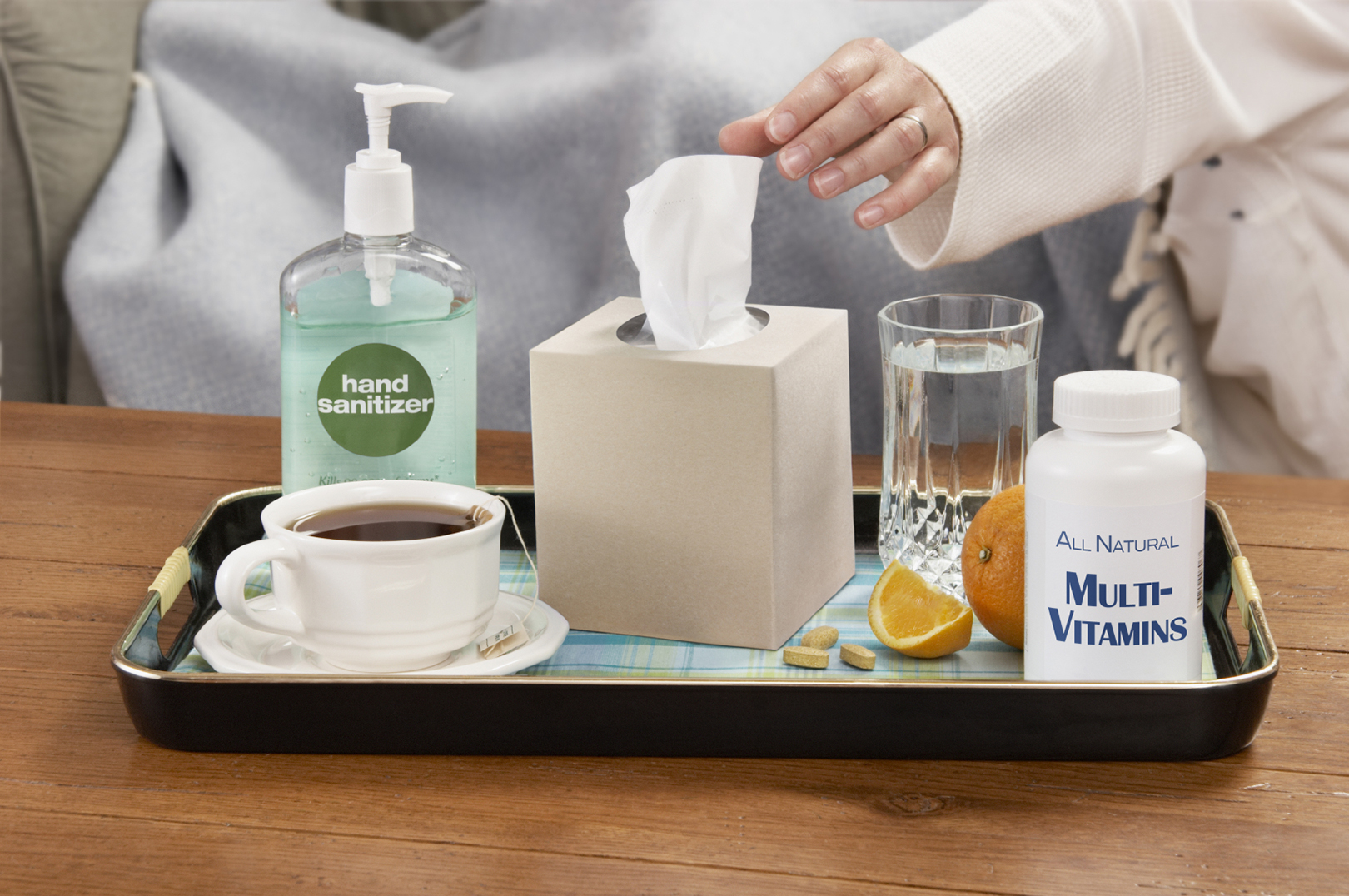What you don’t know about the flu can be enough to make you sick — literally! See whether you’ve got the know-how to fight influenza by taking this true-or-false quiz.
- True or False? Since flu season runs from November to April, it’s useless getting vaccinated after the season begins.
- True or False? Once you get a flu shot, you’ve done all you can to prevent flu.
- True or False? Flu is most often spread by intimate contact, like kissing.
- True or False? Antibiotic medications aren’t helpful in treating flu symptoms.
- True or False? The flu shot can actually cause you to get the flu.
- True or False? If you got a flu shot last year, you don’t need to get one this year.
- True or False? Not everyone should get a flu shot.
Answer Key
- False. While it’s best to get vaccinated in the fall, a shot in January can still help keep you healthy, especially during the flu’s peak in February.
- False. You can also eat a diet rich in fruits and vegetables, exercise moderately, manage stress and avoid drugs, alcohol and tobacco.
- False. Flu is generally spread when people cough or sneeze virus-infected droplets into the air.
- True. Influenza is a viral infection, so it can’t be treated with antibacterial antibiotics.
- False. However, you may have minor side effects like a runny nose, headache, sore throat or cough.
- False. The flu vaccine is updated annually to include the most current strains of the flu.
- True. The flu shot is not safe for people with a fever, who have egg allergies, who’ve had past severe reactions to flu shots or who have Guillain-Barré syndrome, a nervous- and immune-system disorder.





